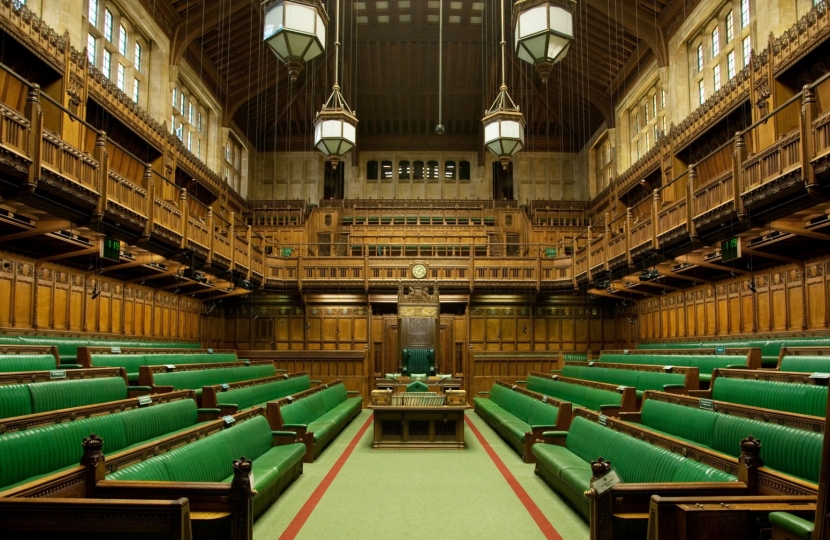
Members of Parliament are elected to the House of Commons to represent the interests and concerns of all the people who live in their constituency, whether they voted for them at the General Election or not. They are only able to deal with issues raised by people who live in their constituency, called constituents.
MPs consider and vote on legislation and use their position to ask government ministers questions about current issues.
They split their time between working in Parliament and working in the constituency. In Parliament, MPs spend their time fighting for the interests of their constituents, attending debates, scrutinising and voting on legislation, and attending meetings. In the constituency, MPs hold advice surgeries for their constituents to come and talk to them about local issues and problems, attend meetings and community events, as well as visiting local organisations and businesses.
Members of Parliament are able to help with all matters for which Parliament or central government is responsible.
When a constituent writes to their MP, they will write to the relevant department or official or the Minister involved. Many problems are solved in this way.
Alternatively, if a constituent is happy for the issue to be made public, an MP can ask an oral or written question, secure a debate or petition Parliament.
For contact information of individual departments click here.
